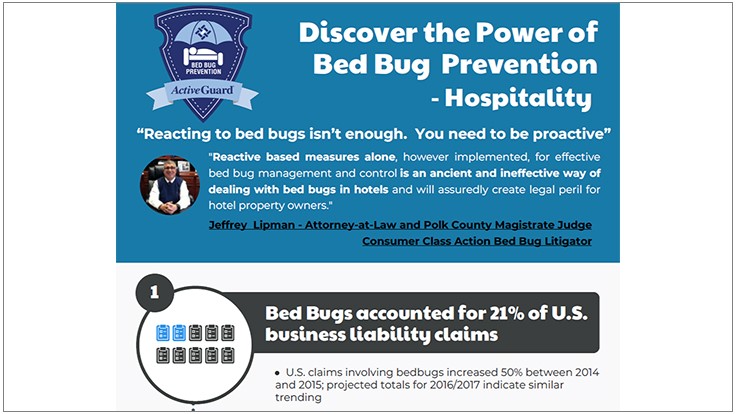Understanding Rodent Habits: Expert Insights For Effective Bug Control
Understanding Rodent Habits: Expert Insights For Effective Bug Control
Blog Article
Article Writer-Morgan Jakobsen
Imagine being able to prepare for the actions of your opponents in a game of chess, always remaining one step ahead.
Worldwide of insect control, comprehending rodent habits resembles having that calculated benefit. By getting expert insights right into the nesting routines, feeding patterns, and interaction and social habits of rodents, you can properly deal with these pesky animals.
But how specifically do rats act, and why is it essential to recognize? In this discussion, we will certainly unravel the enigmas of rodent behavior, providing you with useful understanding that will certainly assist you remain in advance in the battle against parasites.
Are you ready to reveal the keys of these shrewd creatures?
Nesting Behaviors
To understand rodent habits and successfully control insects, it is very important to acquire insight right into their nesting behaviors.
Rodents, such as mice and rats, have an all-natural impulse to discover shelter and develop nests where they feel risk-free and secure. These nests act as their homes, breeding grounds, and storage space locations for food. Understanding their nesting practices can assist you determine possible locations of infestation and apply targeted control procedures.
Rodents typically favor nesting in dark, remote spaces, such as attics, cellars, crawl spaces, and wall surface gaps. They make use of materials like shredded paper, fabric, insulation, and even chewed-up electric cables to construct their nests.
Feeding Patterns
Rodents display unique feeding patterns that play a vital duty in their behavior and can educate efficient bug control strategies. Understanding these patterns is important for applying successful insect control measures.
Rats are opportunistic feeders, meaning they'll take in whatever food is conveniently offered. termite inspection cost prefer high-calorie foods such as grains, nuts, and seeds. This is why correct storage space of food and waste administration are essential in avoiding rodent infestations.
In addition, rodents are nocturnal, which means they're most energetic throughout the evening when they search for food. By understanding their feeding patterns, you can tactically place traps and lures to maximize their efficiency.
Maintaining food sources unattainable and keeping a clean environment can help deter rodents and decrease the threat of infestation.
Interaction and Social Habits
Understanding just how rodents communicate and communicate socially is important for reliable parasite control approaches. Rodents, like computer mice and rats, have complicated communication systems that they use to share information to each various other and coordinate their activities. Below are three vital aspects of rodent communication and social behavior:
1. simply click the following internet page : Rodents produce a variety of vocal sounds, consisting of squeaks, tweets, and chattering, to interact with each other. pest removal near me can communicate different messages, such as threat cautions or mating calls.
2. Scent marking: Rodents utilize scent glands to leave chemical signals on items and in their atmosphere. These scent marks function as territorial borders and communicate info concerning reproductive standing, prominence, and social affiliation.
3. Social hierarchy: Rats have a hierarchical social structure, with dominant individuals having accessibility to sources and chosen nesting websites. Comprehending this hierarchy is essential for targeting bug control initiatives and recognizing crucial people for removal.
Conclusion
So, there you have it - a quick glimpse right into the fascinating globe of rodent behavior. By recognizing their nesting behaviors, feeding patterns, and communication, we can much better tackle the problem of bug control.
Did you recognize that a female computer mouse can generate approximately 10 litters annually, with each trash containing around 5-6 dogs? This astonishing statistic highlights the significance of timely and effective parasite management to prevent rodent populations from spiraling out of hand.
